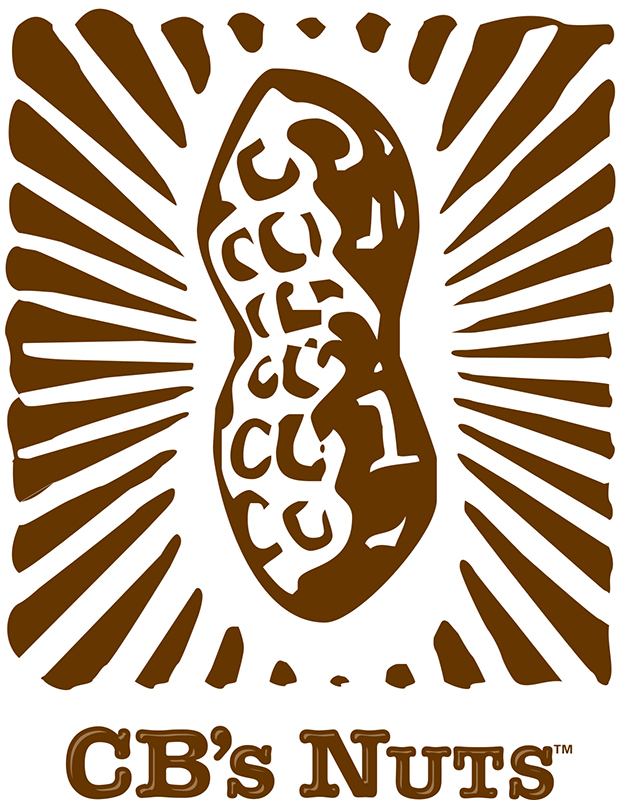WHAT’S PALM OIL?
An edible vegetable oil, palm oil is derived from palm fruit grown on African oil palm trees. Originally from Western Africa, these trees flourish in biodiverse environments with extreme heat and rainfall, and today, palm oil is grown throughout Asia, Africa, North America and South America with 85% of global palm oil being produced in Indonesia and Malaysia, typically without using sustainable measures.






